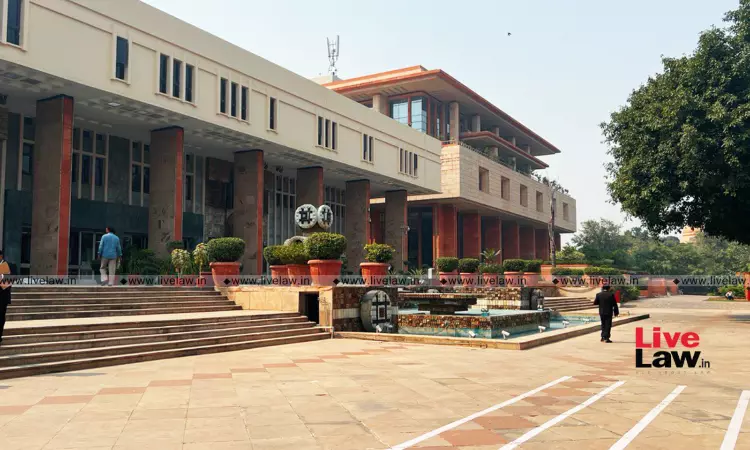The Delhi High Court has ruled that a magistrate has no power to direct a superior officer such as a DCP to register an FIR under Section 156(3) of Code of Criminal Procedure.Justice Chandra Dhari Singh observed that as per the statutory mandate, the Magistrate is only empowered to direct the in-charge officer of the police station to conduct investigation and not any officer of a superior...

